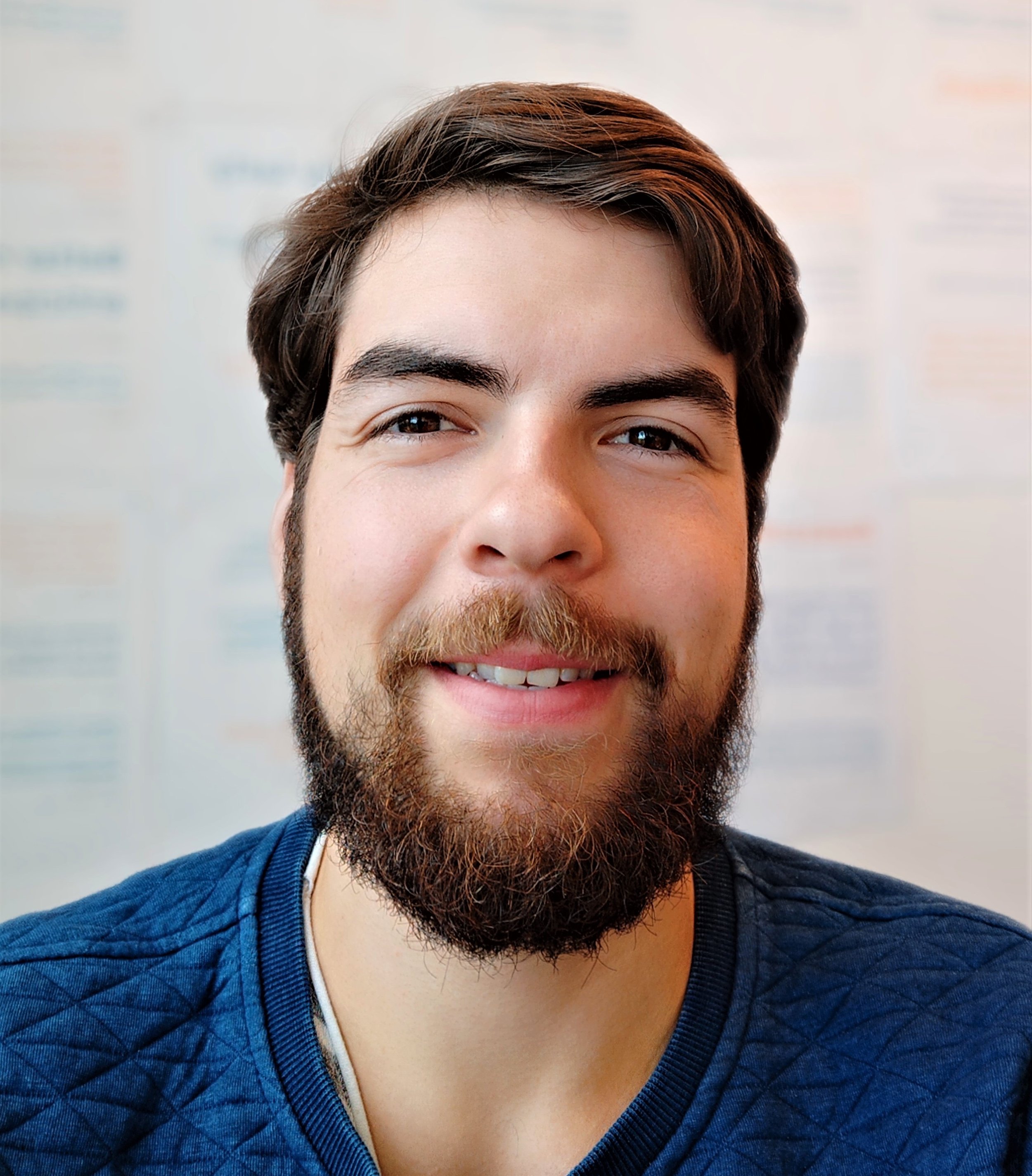An Interview with Floris Wolswijk from Blossom
We spoke with Blossom’s founder Floris Wolswijk about his passion for psychedelic research, and how coaching works before, during and after psychedelic therapy.
By Alexandra Plesner
Floris, it's great to have you here. To start, can you tell our audience a bit about Blossom and what inspired you to start this company?
Absolutely, thanks for having me Alexandra. Blossom came about from my passion for psychedelic research and desire to help accelerate the adoption of psychedelic therapies. After graduating with my psychology degree, I was fascinated by the emerging research showing the therapeutic potential of psychedelics. However, I found the insights from this research were siloed and not reaching key stakeholders like clinicians, regulators, and the public.
I started Blossom to help synthesize and distribute these insights to those who might most need them. My goal is to act as an informational bridge between the psychedelic research community and the groups that can turn these findings into approved psychedelic medicines. I want to help psychedelics realize their potential to heal and connect us.
Floris Wolswijk, Founder Blossom and Co-Founder FLO Coaching
That's a great mission. Can you expand on how exactly Blossom is working to educate and connect psychedelic stakeholders? What are some of your key initiatives?
Our main focus is aggregating and analyzing psychedelic research. We have databases profiling psychedelic research papers, companies, news, events, and key opinion leaders. These act as a comprehensive resource for anyone looking to understand the state of the psychedelics field.
Beyond the databases, we regularly publish our own analyses, like landscape reviews of psychedelic drug development. We also partner with publications like Lucid News to share psychedelic research highlights with a broader audience. Additionally, we provide consulting services, helping companies and non-profits navigate psychedelic research.
What is the most exciting or promising psychedelic therapy development you're watching right now?
The most exciting development I'm watching is MAPS' Phase 3 clinical trials of MDMA-assisted therapy for PTSD. They recently completed these large-scale trials, which are the final step before potential FDA approval.
The results so far show MDMA with therapy can be incredibly effective in treating PTSD, with 71% of participants no longer qualifying for a PTSD diagnosis after just 3 sessions. If approved, this would provide the world's first psychedelic-assisted therapy beyond (es)ketamine that is approved and potentially covered by insurance.
It's a true watershed moment for the field. An FDA approval would validate the safety and efficacy of psychedelic therapies on a large scale. It would also open access to MDMA therapy to millions suffering from PTSD.
Importantly, it further legitimizes the MAPS therapeutic model focused on psychedelic-assisted therapy. This could pave the way for similar approvals of other psychedelic therapies using this framework. I'm thrilled by the prospect of MDMA therapy becoming an accepted, accessible treatment option. It demonstrates these approaches can successfully transition from trials to approved medicines that transform lives.
Shifting gears, we would love to hear about your work as a psychedelic coach. Can you tell us about that experience and who might benefit from coaching?
Besides Blossom, I also co-founded FLO Coaching, where I work as a psychedelic coach alongside my partner Lotte. We provide prep, facilitation, and integration support for people having psychedelic experiences, with psilocybin truffles which are legal here in the Netherlands.
I believe coaching is currently one of the most accessible ways for people to benefit from psychedelics, outside formal clinical trials. It can help provide a safe structure for them to have meaningful psychedelic experiences. However, it's important to note coaches like myself cannot directly treat severe mental health conditions - that requires working with a licensed therapist.
But we've found coaching can still be very useful for personal growth and development for people without severe disorders. And many coaches work together with therapists who can provide care before and after psychedelic experiences for those needing more support. It's about finding the right level of care based on each person's needs.
It is also about finding the right coach for you at the right time. For example at FLO Coaching we do offer free intro calls to learn if we are a good fit.
That's fascinating. Can you share more about how coaches work with clients before, during and post the psychedelic session?
Proper preparation with a coach before the psychedelic session is crucial to set yourself up for the best experience. During the session itself, the coaching process is very similar to protocols used in clinical trials. We create a quiet, comfortable setting and establish an intention for the experience. Then we facilitate a largely non-directive session, focusing on going inward rather than engaging in conversation.
It's about allowing the psychedelic experience to unfold organically rather than guiding it in a certain direction. We're there simply to provide a sense of safety and support. If challenging moments arise, we help the person work through them and find insights. Afterwards, we integrate these insights through periodic coaching sessions.
The preparation work helps provide critical context and intention before the inner journey. Then the integration sessions help weave insights into everyday life. With comprehensive support before, during and after, we aim to maximize the potential for healing and growth.
Thank you for elaborating on the coaching process. It's so valuable to understand how people are accessing psychedelics through this route. I appreciate you sharing your first-hand experiences!
My pleasure! I enjoy spreading awareness about the potential of psychedelic coaching. While not a substitute for medical care, it can be an effective option for personal growth. I'm grateful to be able to facilitate transformative experiences for people through this work.
With such wide-ranging experience within the psychedelic space, we invited you to be a moderator at the upcoming Microdosing Mushrooms Conference. Can you share about your involvement and what attendees can expect to learn?
I'm honoured to be moderating at the Microdosing Mushrooms Conference on November 19th, which has an amazing lineup of industry experts such as Paul Austin, founder of Third Wave and Jakobien van der Weijden, co-founder of Microdosing Institute. The lectures will explore the latest scientific findings on microdosing, best practices for individuals, and the potential risks that need to be considered. At the end, we will have a panel, where microdosers share their personal stories, successes but also challenges.
Attendees will leave with a comprehensive understanding of the current state of microdosing - both its promise and limitations based on available data. I'm looking forward to thought-provoking discussions that advance our collective knowledge. Conferences like this are crucial for translating research insights into real-world education. My hope is participants feel empowered to microdose intelligently and effectively.




